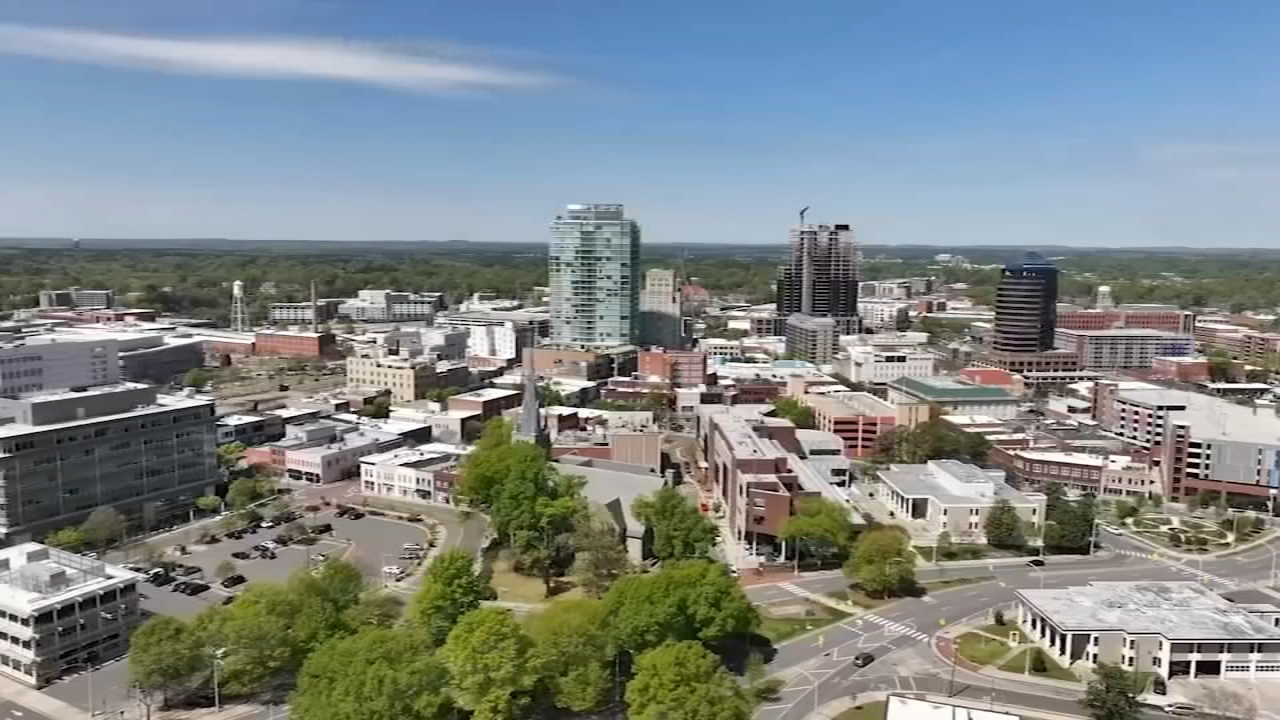Dive teams emotional after searching for missing children
CUMBERLAND COUNTY, NC (WTVD) -- Cumberland County first responders went back to work Tuesday with heavy hearts.
The Fayetteville Police Dive team and their counterparts from the Cumberland County Sheriff's Office were a key part of the search for 4-year-old Raul Gonzalez Johnson, the missing Scotland County boy who was found dead last week, as well as Mariah Woods, a little Onslow County girl whose body was found last year.
The teams came together again Tuesday for a routine drill for the first time since Raul's body was pulled from a Scotland County pond during the weekend. For the officers on the dive team, search and recovery missions are a matter of life and death.
"We can end up being a casualty ourselves if we don't train properly, and we don't look out for all the safety hazards," said Officer Shane Nye.
The 2016 PWC accident is a perfect example of how safety hazards can be risky.
"There was probably 50 to 100 gallons of diesel fuel on the surface of the water. You get that odor and the smell inside your mask. But they maintained," said Sgt. Andy Carlstead.
For the times that the teams can't see they use sonar technology as a set of eyes.
Despite this type of training, the realities can still get to them.
"I have three daughters and six grandkids and bringing Mariah out of the water ... that's all I thought about," Carlstead said.
The officers and deputies who spent days in the swamp looking for Mariah also went to the bottom of a pond to look for Raul. In this particular case, they teamed up with the Cumberland County Sheriff's Office for strength in numbers.
"Confidence in your partner, it not only reinforces the skills that you have, but you better know the person that you're working with or that you're diving with," Carlstead said.
It's grim, yes, but a silver lining of the job is offering closure for the community and for the parents involved.
"It's not why we do what we do. But I guess it is rewarding," said Carlstead.
The training doesn't stop here. Next month the team will work alongside cadaver dogs.




